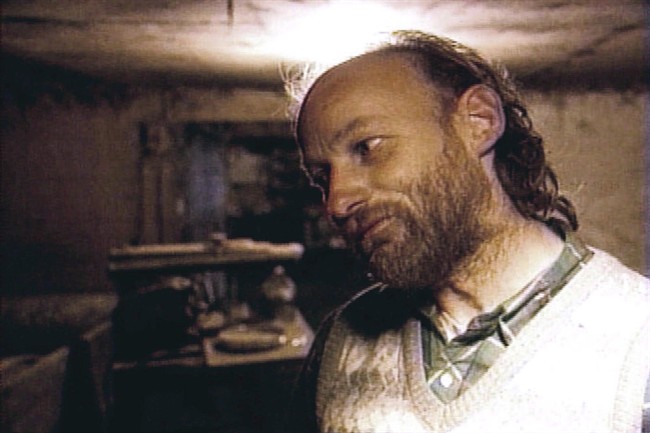VICTORIA – British Columbia’s auditor general rapped the province Thursday for dropping its public progress reports on a commission of inquiry that reviewed the disappearances of 67 women — some of them victims of serial killer Robert Pickton — from Vancouver’s Downtown Eastside.

Carol Bellringer said the tragedies continue to affect families and communities, and the government must keep British Columbians informed of its progress in meeting more than 60 recommendations from the inquiry.
She said the government stopped public reporting in 2014, two years after former attorney general Wally Oppal tabled his report.
“Given the seriousness of the underlying causes that were definitely commented on in the inquiry’s report, having some further information to know exactly what has been done is critical,” Bellringer told reporters on a conference call.
“I don’t know when the ending date is, but two years just doesn’t seem enough to us.”
Bellringer said the government told her investigators it had publicly delivered its key messages and results from the inquiry.

Get daily National news
Attorney General Suzanne Anton said the government accepted Bellringer’s report and will resume public reporting next year, three years after its last report.
“We’ve heard the auditor general and she has expressed an interest we do more comprehensive reporting, so we will be doing that,” she said.
Anton said the work to implement the commission’s recommendations is ongoing.
“It was a dreadful time and the report the commissioner did in 2012 and the recommendations were very important to all of us and continue to be important,” she said.
Anton said the next public report will likely also include information about the national inquiry into missing and murdered indigenous women and girls.
Oppal’s report detailed systemic police failures that allowed Pickton to target sex workers and recommended support for families of victims.
Bellringer’s report said the government has established a compensation fund for the children of victims, but has made little progress helping their families.
The government has yet to appoint a new chairman of an advisory committee on the safety and security of vulnerable women since the resignation of former lieutenant-governor Steven Point three years ago, she said.
New Democrat Jennifer Rice, the deputy children and families critic, said British Columbians are looking for a champion on this issue.
“People want that champion and to not let it fall off the side of the desk, and particularly since there’s no desire to report out publicly,” she said. “This can easily be forgotten and I don’t think that does the murdered and missing women any justice.”
The government is acting in other areas, such as improving transportation along Highway 16 and developing standards for bias-free policing, Bellringer said.
But it has not developed a protocol to allow female sex workers who have outstanding warrants to feel more comfortable reporting violence.
Oppal’s report also identified a litany of police failures that allowed Pickton to remain at large for so long, while also concluding that if his victims weren’t poor, drug-addicted women from the Downtown Eastside, more would have been done to save them.
Pickton was arrested in February 2002 and eventually convicted of six counts of second-degree murder. The remains or DNA of 33 women were found on Pickton’s property in Port Coquitlam.







Comments
Want to discuss? Please read our Commenting Policy first.